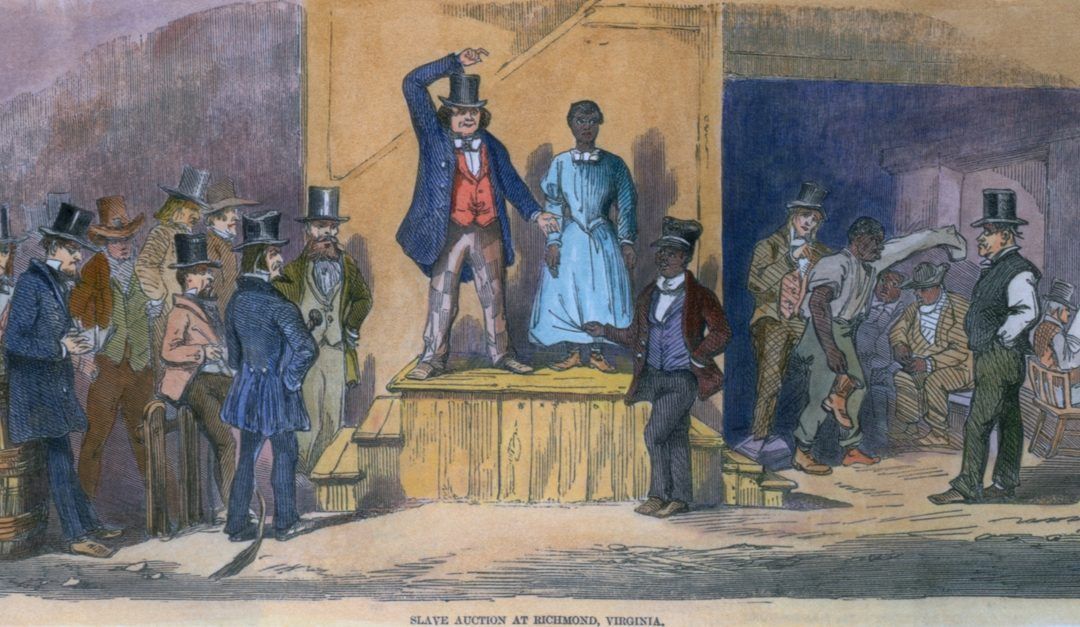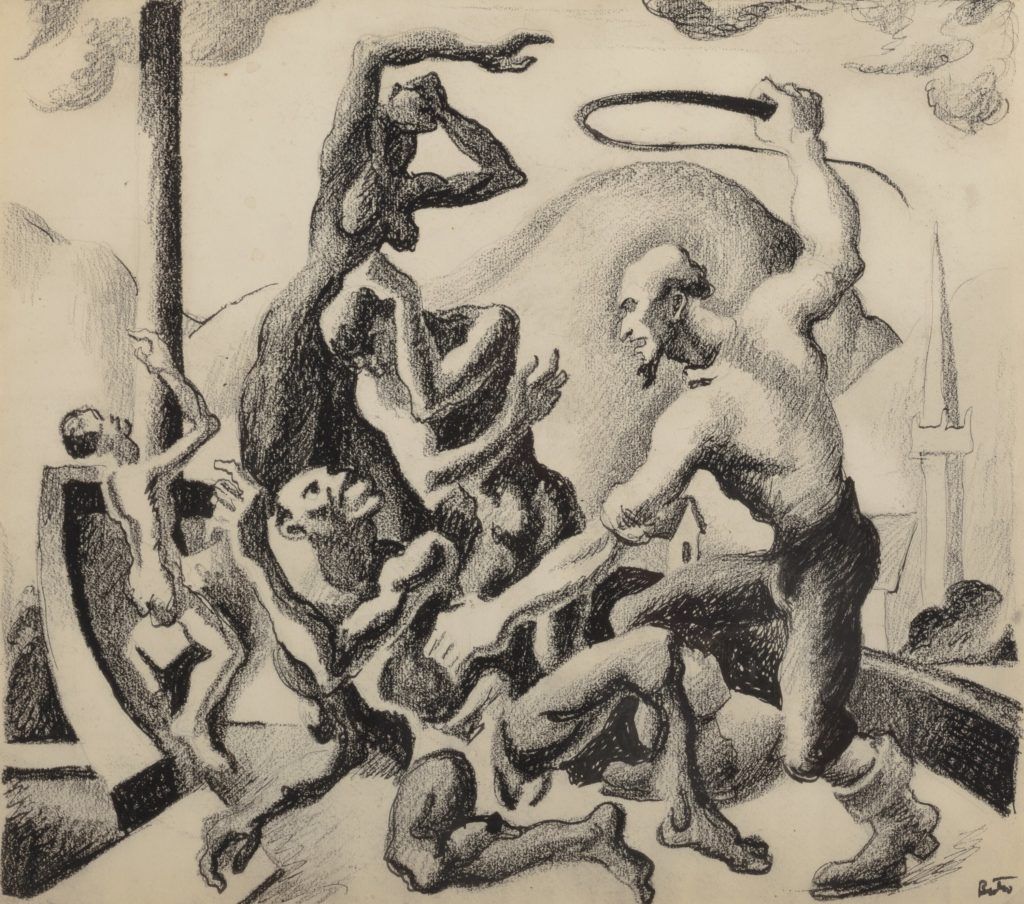Fighting Systemic Racism: “If most whites spoke out about racism, it would be the first step toward a revolutionary change”
By Charles Quist-Adade, PhD, Special Contributor to the Patriotic Vanguard
Read more...
The tragic
murder of George Floyd and outpouring of justifiable anger on streets and cities across the globe should teach us two fundamental lessons.
Systems of oppression are created by individual and collective actions and they can be 'uncreated' by the same collective and individual actions.
The second lesson is that, human dignity and decency is universal and has no barrier. The rainbow coalition of protestors from all 'racial' backgrounds attests to that fact.
A few years ago, when I was giving a lecture on 'race, racialization, and racism in my introduction to sociology class, I observed that one of my students was profoundly confounded, surprised, and a bit confused.
To be fair many of the students were, but it occurred to me that this particular student was more agitated that his colleagues. At one point, he raised his hands and posed this question to me: "So are you saying that there's a difference between racism and racial prejudice?", to which I responded in the affirmative.
I explained that prejudice is an attitude, usually a negative one. Prejudice is a prejudgement of someone or group without prior knowledge. Social psychologists call it implicit. In the cultural realm, prejudice manifests itself in what sociologists call ethnocentrism. Prejudice is a human condition and it cuts across "racial" gender, religious, and class lines. We all bear one form of prejudice or another.
Racism, on the other handm us action or behaviour. Racism is the translation of prejudice into acts of discrimination or unfair treatment based on skin colour. The formula employed by Kwame Ture of the Black Panther Movement best illustrates the difference between racism and racial prejudice: Racism=prejudice+discrimination. I went on to explain the multiple forms of racism, from everyday to individual to structural/institutional to systemic an cultural. Space will not allow me to elaborate here.
A couple of hours after the class, the students fired me an email asking me to shed further light on the concept. I did. Then he repsponded. His respoinse was so insightful, that I decided to publich it in my now defuncty news magazine, the Sanofka News. Mike Mandzuk went on to write teo more articles on racism in my news magazine, Mike writes so well that I in stantly recruited him as my research assistant.
Mike's action speakes to what sociologists call preaxis-blending theory with practice. He also excercised his free will, agency to do something avbout an issue that troubled him. As the preeminent American sociologist, Peter Berger has observed, there is a dynamic interaction between structure and agency. Explicating his theory of the duality of structure and agency, Berger posited that, while individuals have, and often do exercise, their agency, their actions do not take place in a social vacuum; they are often circumscribed by forces beyond their control. At the same time, human beings are not entirely powerless either. They are far from mere dunces or puppets that are manipulated by powerful social forces.
A good way to explain Berger’s theory is to use the game of monopoly. Another American sociologist, Alan Johnson used the game of monopoly to graphically and succinctly shed light on how individuals and institutions “conspire” to create, perpetuate, and reinforce systems of oppression.
The game of Monopoly and Institutional Racism
The rules of the game, the logic of monopoly instantaneously transform otherwise “nice people” into players ruthless. In fact, even an angel can be turned into the devil incarnate when playing monopoly. But monopoly players also have agency. They can simply stop playing the game. Johnson says monopoly is akin to a social system, “as something larger than ourselves.” The game of monopoly is illustrative of how “systems and people come together in a dynamic relationship that produce oppression power, and privilege. People make social systems happen by virtue of their participation in it,” Johnson explains.
So how do people make the systems of social injustice and inequality, such sexism, racism, and privilege happen? People perpetuate and reinforce systems of social injustice by adopting paths of least resistance, which Johnson explains, include silence. “To perpetuate a system of oppression and privilege, we do not have to do something consciously to support. Just our silence is crucial enough for ensuring its future; the simple fact is that no system of social oppression can continue to exist without most people choosing to remain silent about it.” Johnson concludes, “If most whites spoke out about racism, it would be the first step toward a revolutionary change.”
Sadly, though, the vast majority of “good” people simply choose the paths of least resistance—remain silent on racism- and it is easy for racialized minorities to construe their silence as support of racism and other systems of oppression.
Silence, as the saying goes, is golden. However, in matters of social injustice, silence is deadly as the sayings of these individuals, who were reacting to man’s inhumanity to man in different circumstances attest:
Throughout history, it has been the inaction of those who could have acted, the indifference of those who should have known better, the silence of the voice of justice when it mattered most, that has made it possible for evil to triumph.
- Emperor Haile Selassie I of Ethiopia.
In Germany they came first for the Communists and I didn’t speak up because I wasn’t a Communist,
Then they came for the Jews and I didn’t speak up because I wasn’t a Jew,
Then the came for the trade unionists and I didn’t speak up because I wasn’t a trade unionist,
Then they came for the Catholics and I didn’t speak up because I was a Protestant, Then they came for me—and by that time no one was left to speak up
- Martin Niemöller 1892-1984 (Nazi concentration camp survivor).
"It doesn’t matter how strong your opinions are. If you don’t use your power for positive change, you are indeed part of the problem, helping to keep things the way they are."
- Coretta Scott King








